Uncertain times continue, as Australian Consumer Sentiment hits near 3-year low.
Sydney THURSDAY 1st June 2023 – Embargoed until 00:01 AM AEST on 1st June 2023
RFI’s DBM Atlas Consumer Sentiment Index fell to 87 in April (the lowest point since the pandemic) revealing continued pessimism among consumers towards their personal finances and the Australian economy overall.
Consumer sentiment is now at the lowest point since September 2020 – when Australians reacted to the Delta wave of the COVID19 pandemic – with data from RFI telling a worrying tale for Australian consumers and the organisations managing their finances.
Throughout May, RFI Global released research showcasing the continued stress of mortgage borrowers around the country, as well as extreme renter stress, depletion of savings buffers and increasing challenges facing those trying to enter the property market, which combined have amplified the dire state of consumer sentiment across the nation.
Sentiment – No one’s safe.
While much attention remains on the cost-of-living crisis faced by lower-income Australians and the negative state of sentiment this brings, the past 12 months shows that no one is immune to current conditions. While Australians with lower personal income have consistently reported lower levels of consumer sentiment, those with higher income – managers & professionals, other white-collar employees, and not surprisingly those with a mortgage – are in fact reporting the biggest falls in sentiment over this period.
The biggest driver of the decline in consumer sentiment is consumers’ view on Australia’s short term economic outlook. Twelve months ago, prior to the first of the RBA’s ten consecutive cash rate increases (and now 11 in 12 months), 39% of Australians anticipated Australia’s economic situation would worsen in the following 12 months. Now, despite being 12 months into rate rises, it seems Australians are expecting things to get worse before they get better, with that number having grown to 59% (one of the highest levels on record).
Following a surprise 25bp cash rate increase in May, all eyes are keenly set on next Tuesday’s RBA announcement. In conjunction with the reaction to Jim Chalmers handing down his 2nd budget, it seems the coming months will see every Australian on their toes and many (still) kept awake at night.

Financial (in)security blooms.
Further exploration of RFI data uncovers that not only are consumers feeling less optimistic, they are also increasingly concerned about their own financial security; with the proportion of consumers who report feeling financially secure having declined to 46% in April, and showing a consistent decline since the start of the year.
Likewise, the proportion of Australians who feel financially insecure has increased to 27% in April.

Sentiment decline playing out in expected loan repayment challenges.
In addition to the steady decline in consumer sentiment, RFI is seeing changes in customer behaviour highlighting how macro-economic factors are impacting Australians. Overall, Australians are increasingly saying they expect to struggle making their credit repayments.
RFI Global data shows the proportion of mortgage holders who anticipate struggling to meet mortgage repayments in the next 12 months increased to a record high of 29% in March prior to the cash rate pause; the proportion of personal loan holders who expect to struggle to meet their loan repayments also increased to 14% in March 2023 (up from 9% at the end of 2022); and the proportion of credit cardholders who are paying interest on their credit card (referred to as ‘Revolvers’) increased to a record high of 38% in March 2023, from 24% in March 2022. As savings buffers are further eroded, it is likely that these metrics will continue to increase, and more customers will turn to credit to help them manage their budget.

Customers are seeing a long road ahead.
It looks like Australian consumers are seeing a long road ahead. Banks therefore need to be prepared to stand by their customers, helping them weather the storm. During this time, customers will be looking for ways to manage their budget effectively and for support and flexibility from their banks. In times like these, banks have an opportunity to show a more customer centric mindset, and in so doing, enhance their standing within their customer base.
Ends.
Notes for Editors:
About RFI Global
RFI Global was founded in Sydney in 2006 to provide financial intelligence for the Australian financial services market. It is now the #1 data and insight partner for the world’s financial services community, serving 49 markets with a local presence in Sydney, Singapore, Dubai, London, Paris, Toronto, New York, and San Francisco.
Since its inception, RFI has provided tailored subscription-based insight and data solutions for local, regional and global Financial Services players that enable them to make data-driven decisions confidently and quickly.
To learn more, please visit: www.rfi.global.
About DBM
Since 1992 DBM has provided market research and consulting services to some of Australia’s largest B2C and B2B brands. The DBM Atlas program is used by more than 50 financial services brands to track key customer metrics such as advocacy, sentiment, product holdings and market share. Over recent years DBM have formed data partnerships to provide marketing solutions such as media planning, digital audience activation and geo-demographic targeting. In April 2023 RFI Global acquired the DBM Atlas product, creating Australia’s most comprehensive financial services customer data set. To learn more, please visit: https://www.dbmconsultants.com.au.
About RFI’s DBM Atlas Consumer Sentiment Index
RFI’s DBM Atlas Consumer Sentiment Index measures the level of consumer confidence in economic activity. A level below 100 represents pessimism outweighing optimism while a level above 100 represents optimism outweighing pessimism. The Index is an average of five component indexes which reflect consumers’ evaluations of their own personal financial situation and of Australia’s economic situation now (relative to 12 months ago), their expectations for their personal financial situation and for Australia’s economic situation over the next 12 months, and whether it is a good time to spend on discretionary items. The index is based on a survey of 5,000 Australian adults every month surveyed consistently throughout each month.
For more information or to speak with a Spokesperson, please contact:
Chloé James
Group Director of Media & Communications at RFI Global
Email: cjames@rfi.global
Phone: +61 0451 118 042

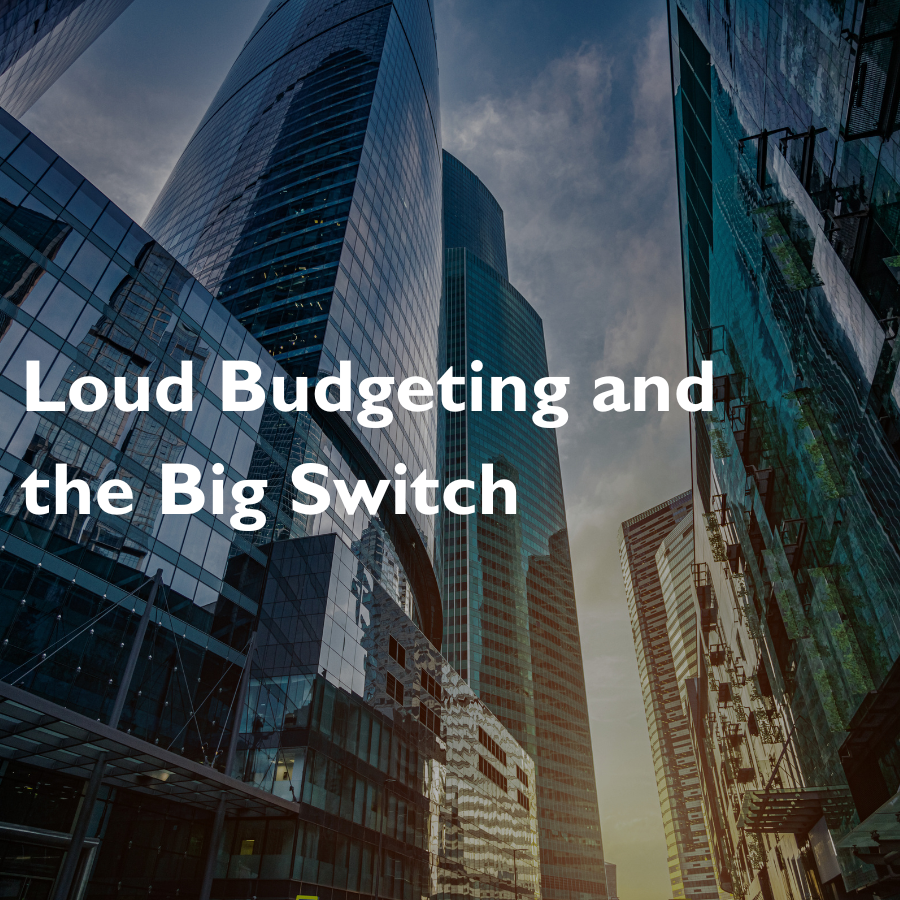




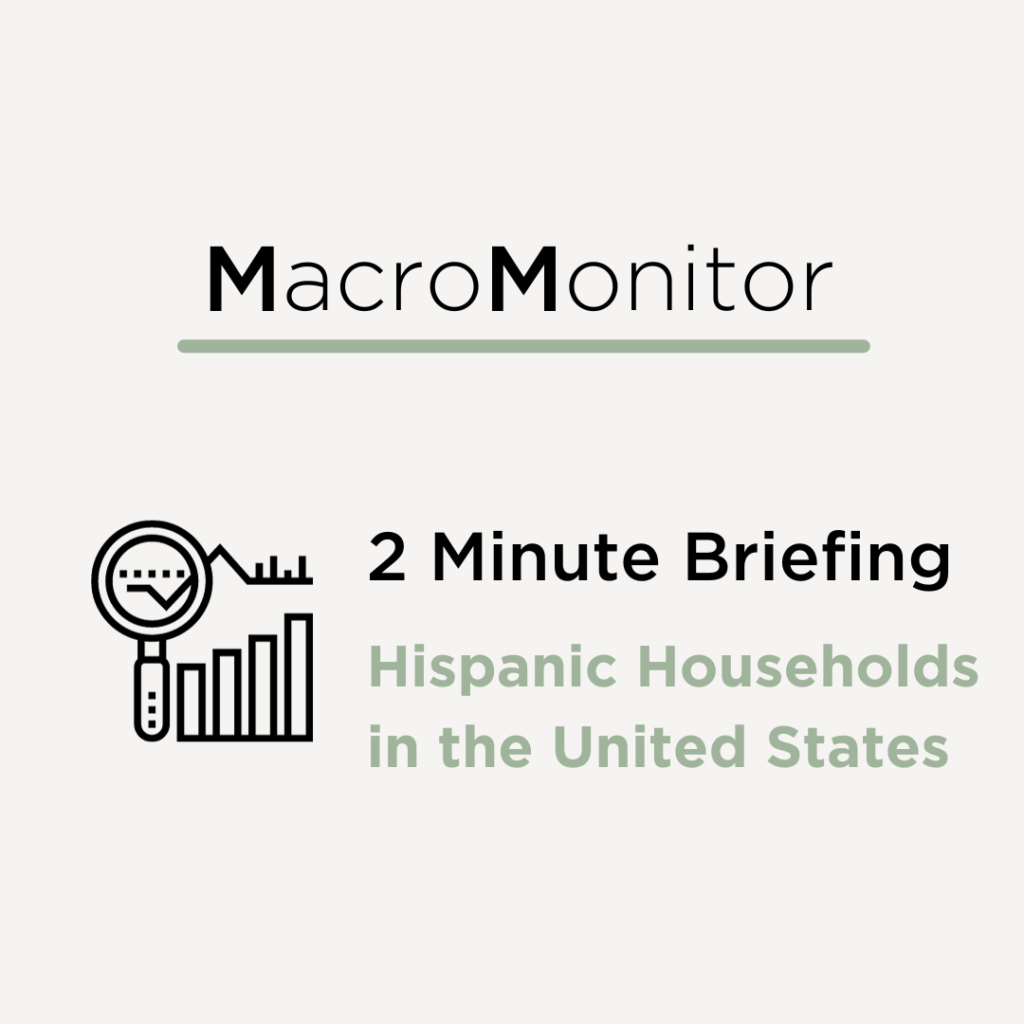



















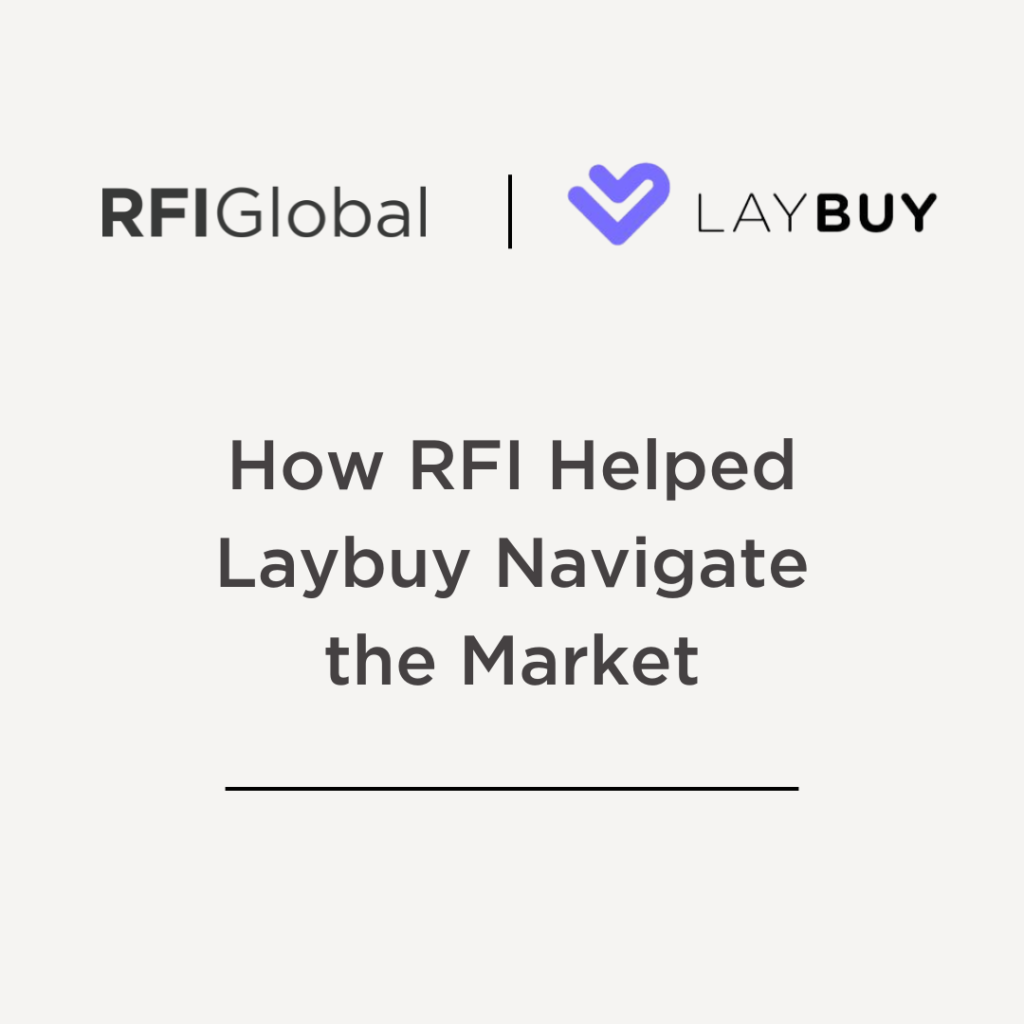



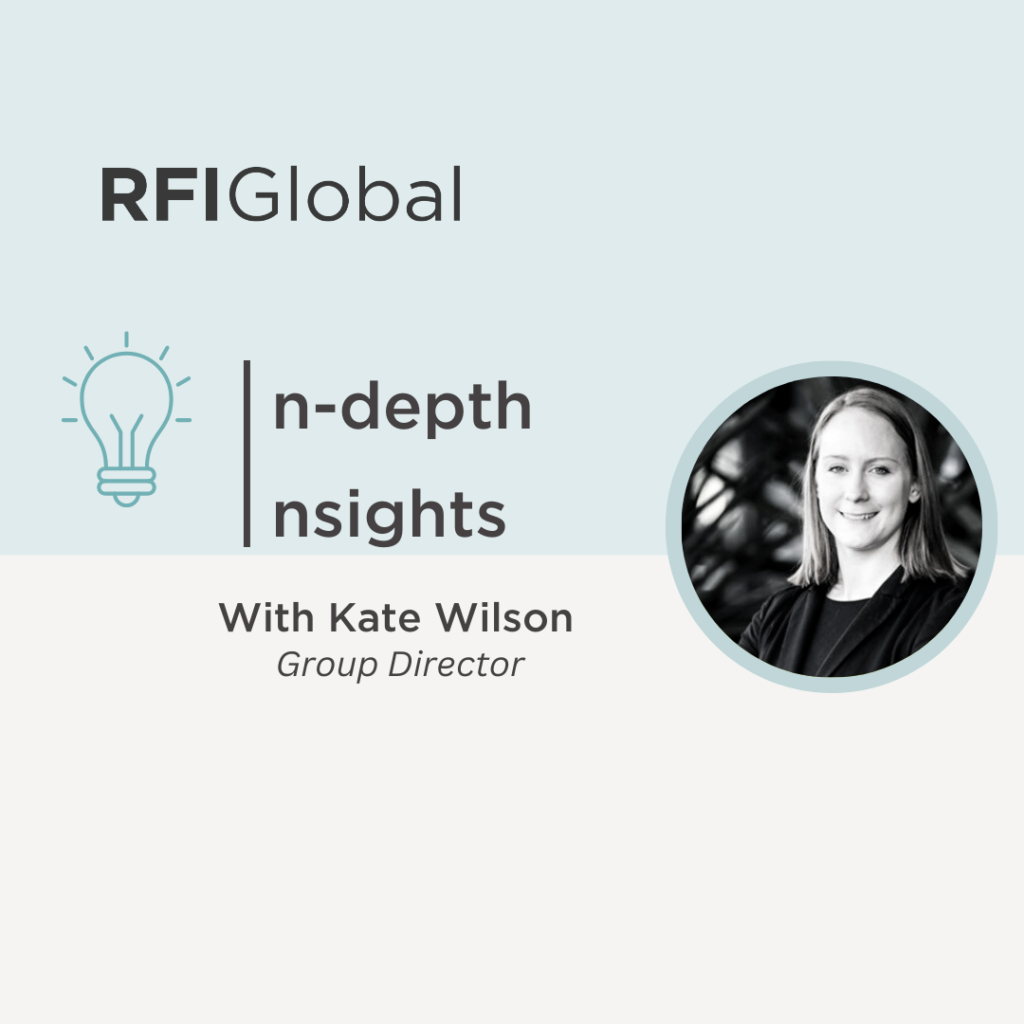

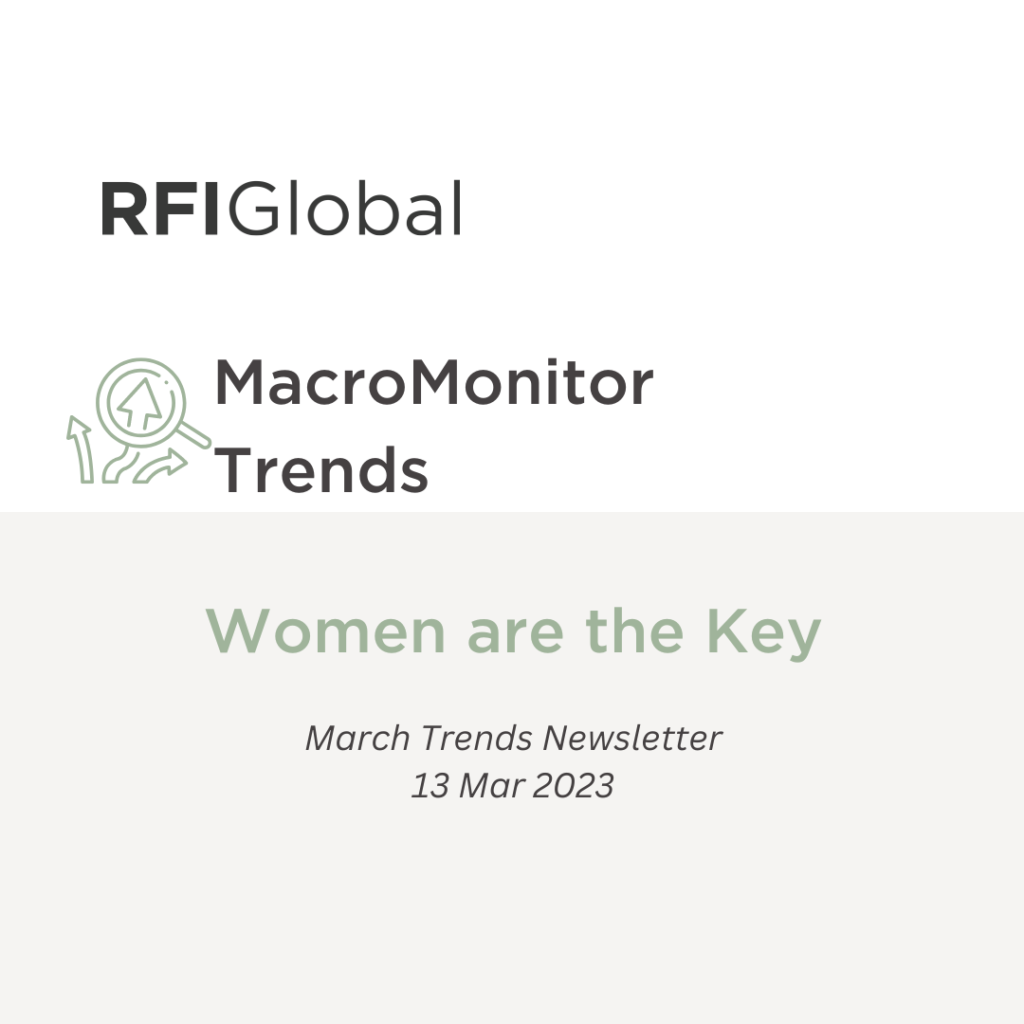

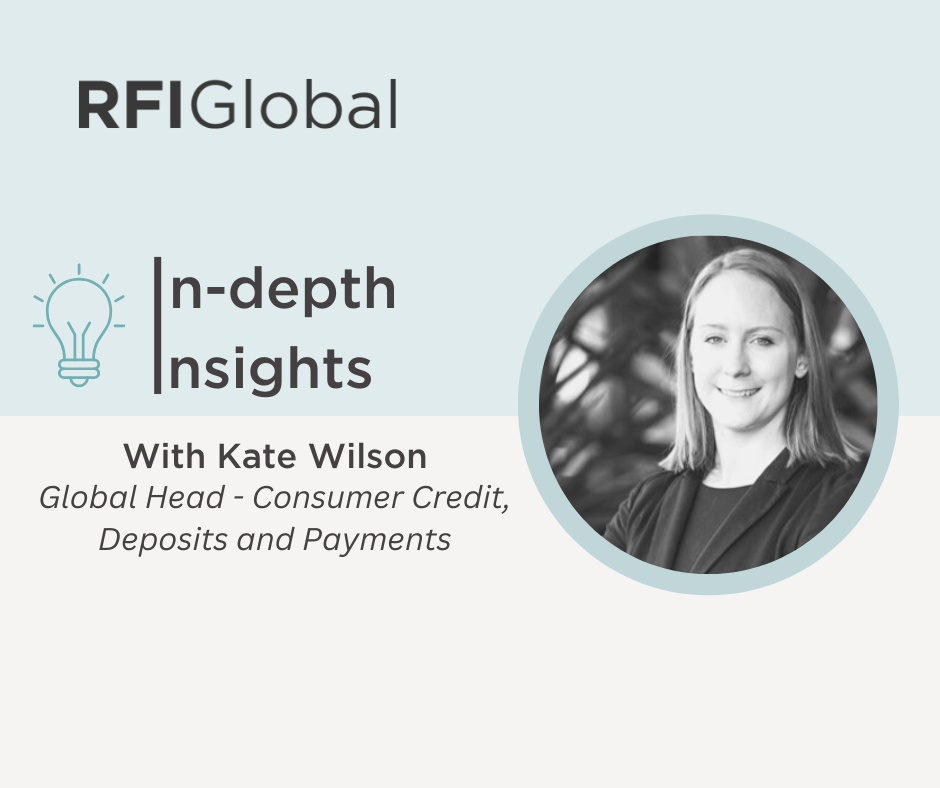
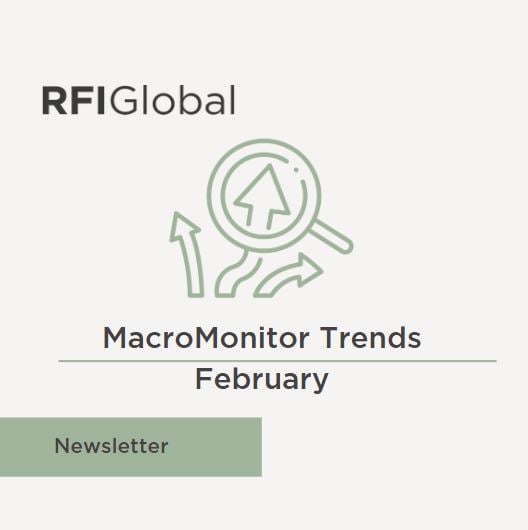


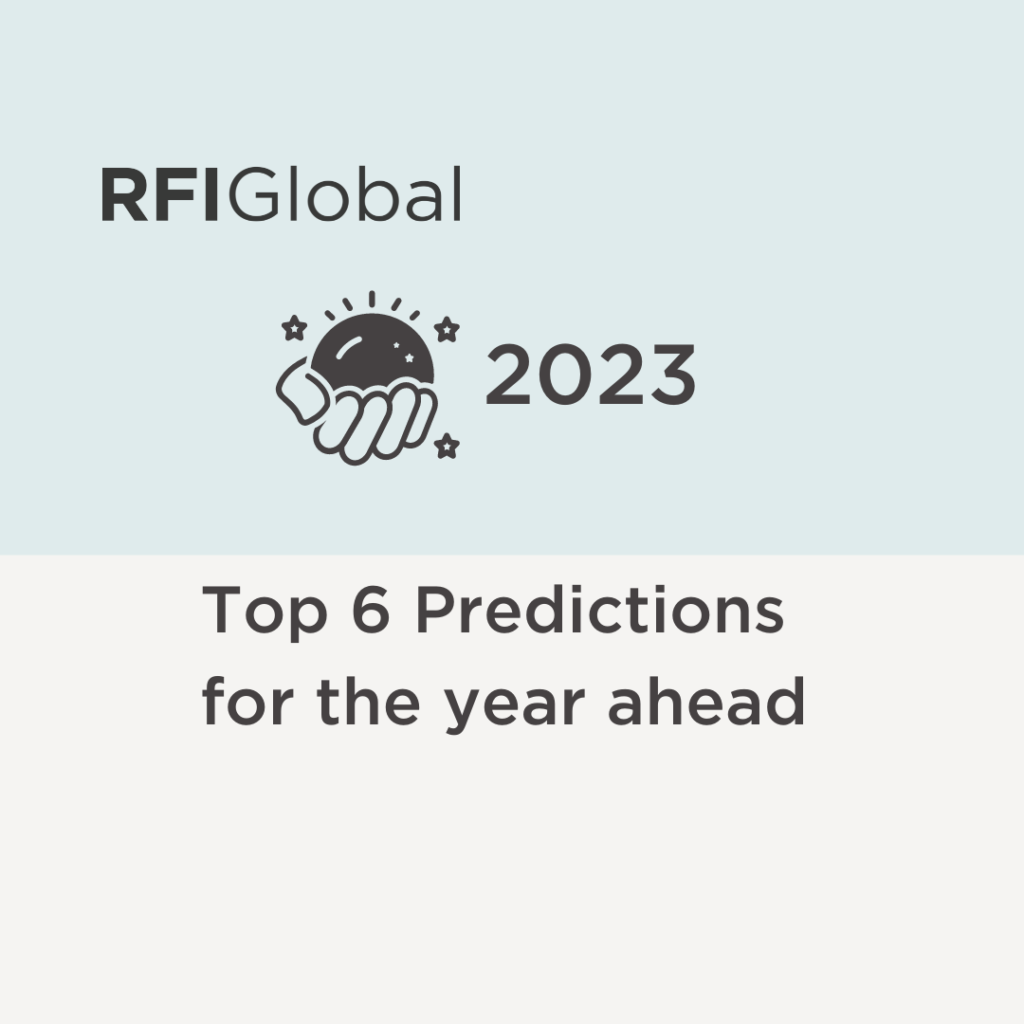
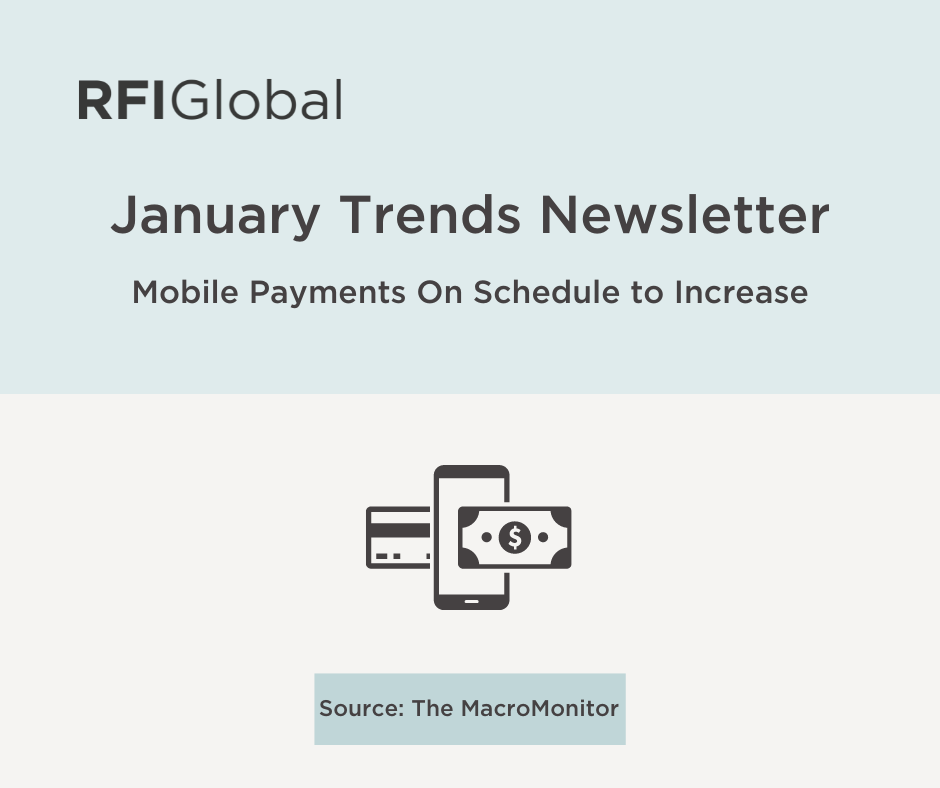
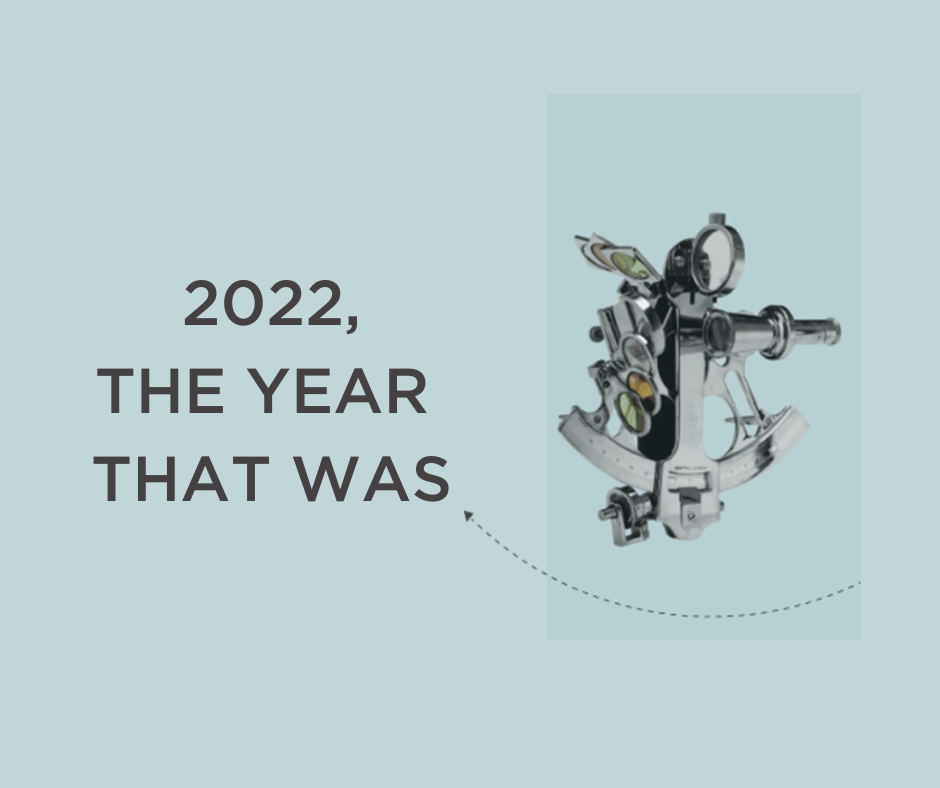














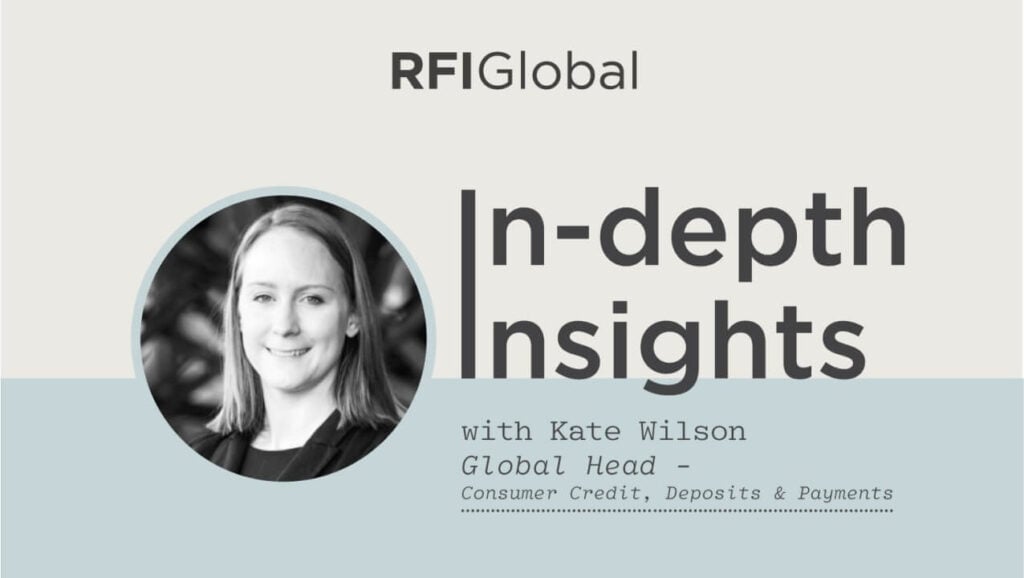










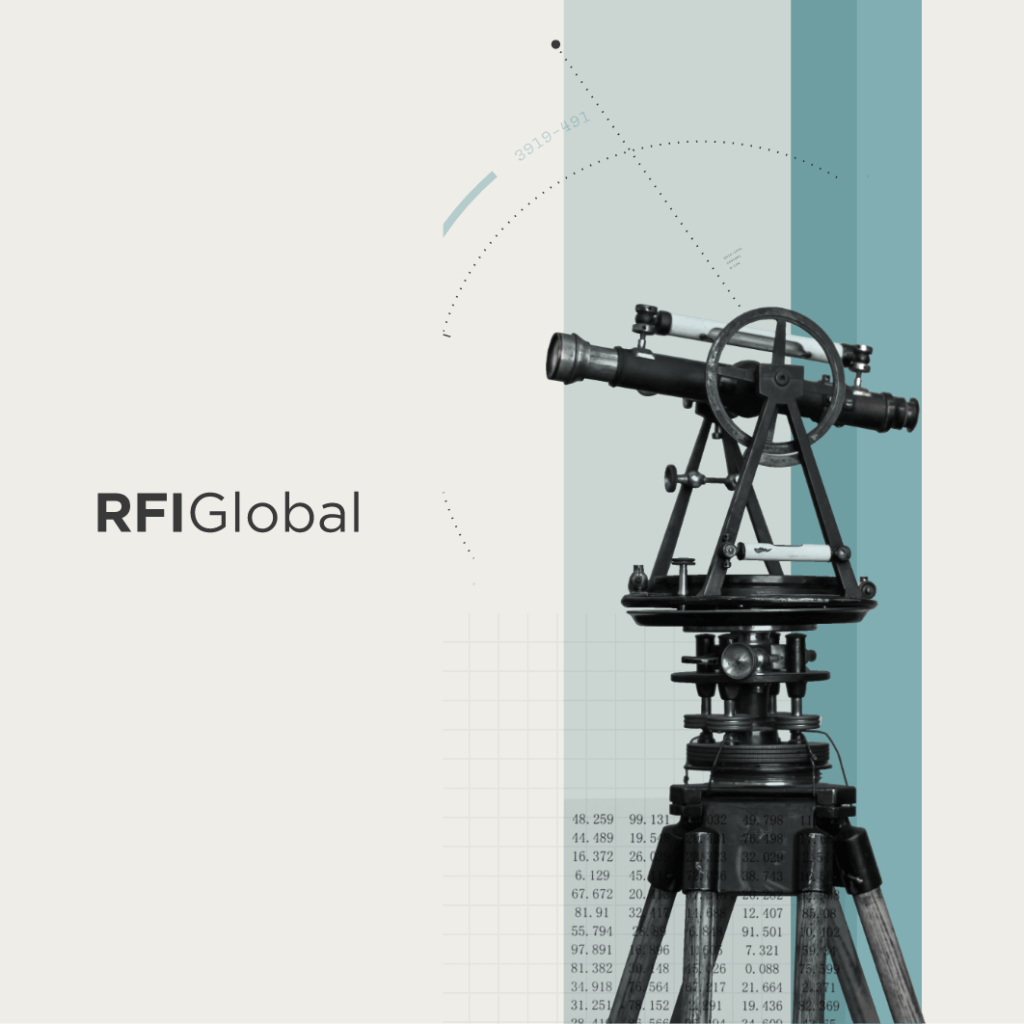


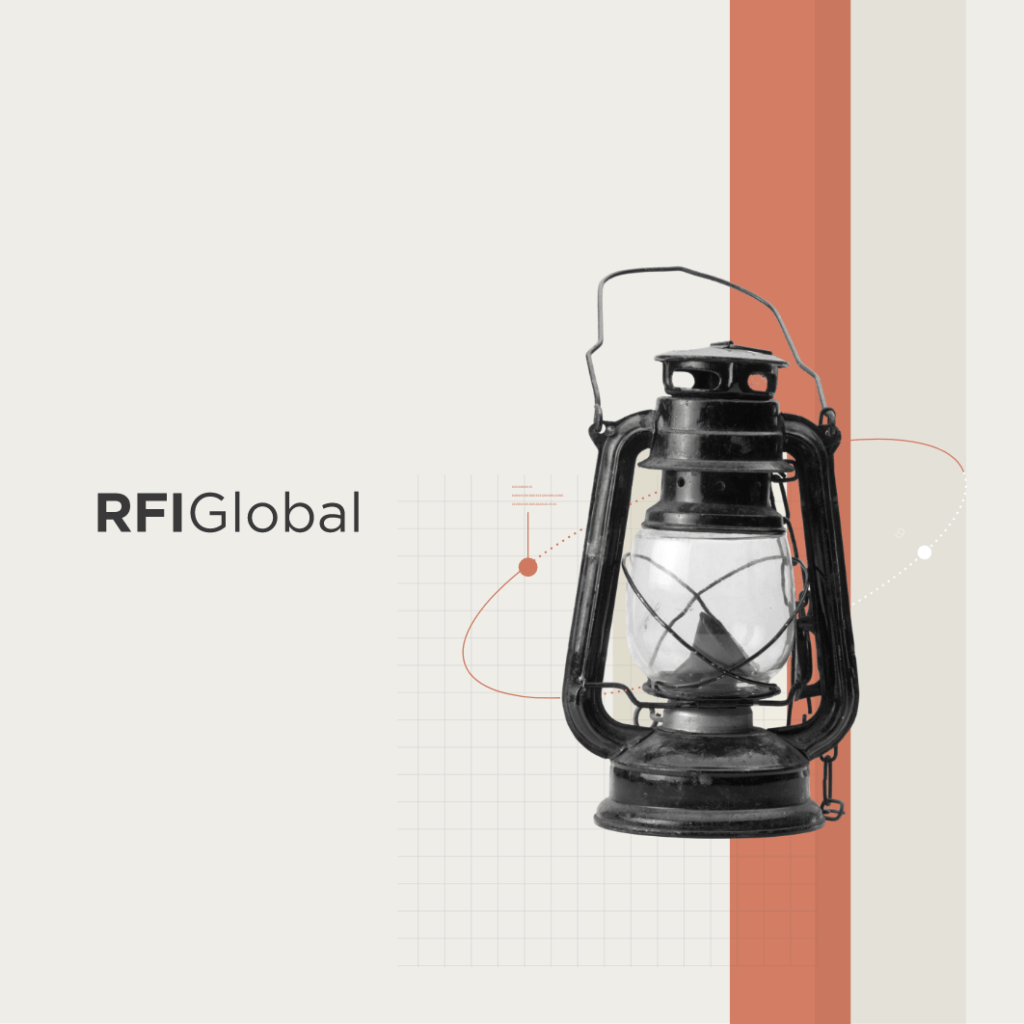
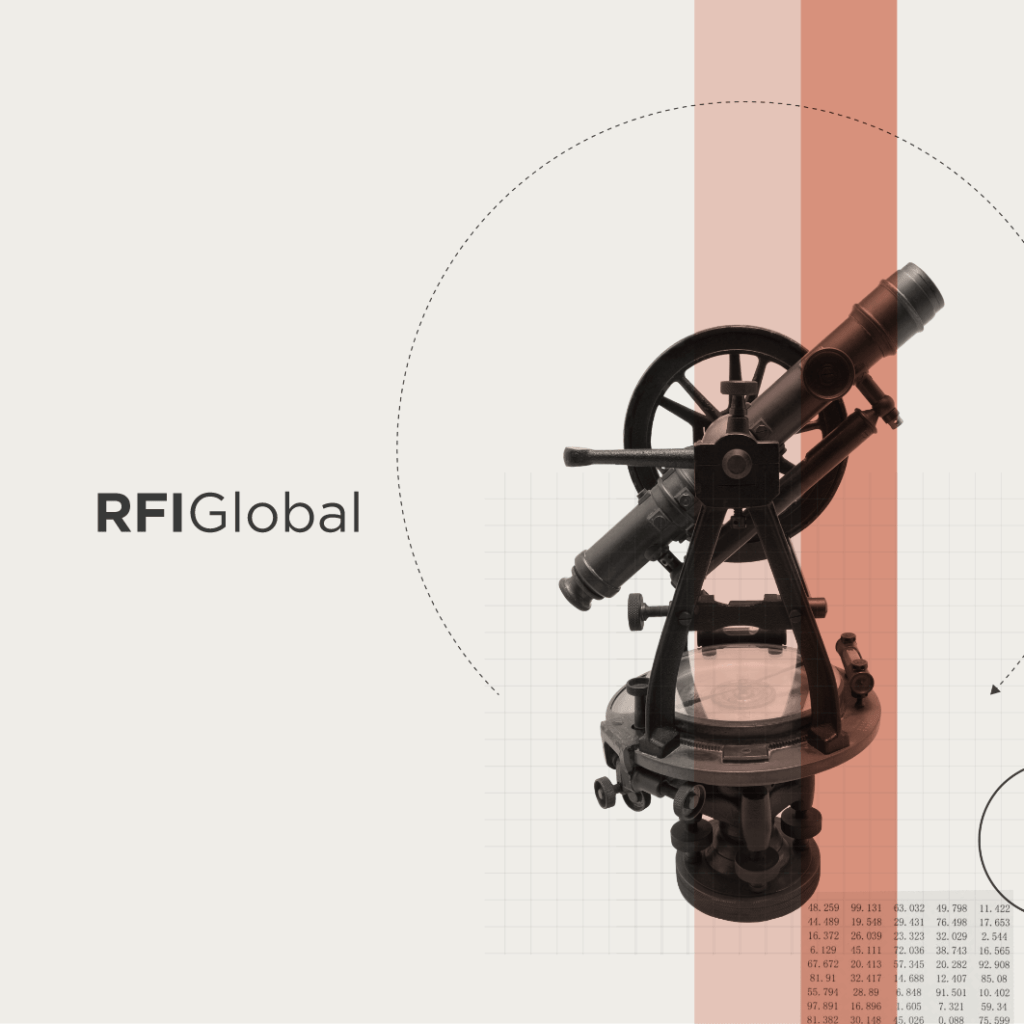
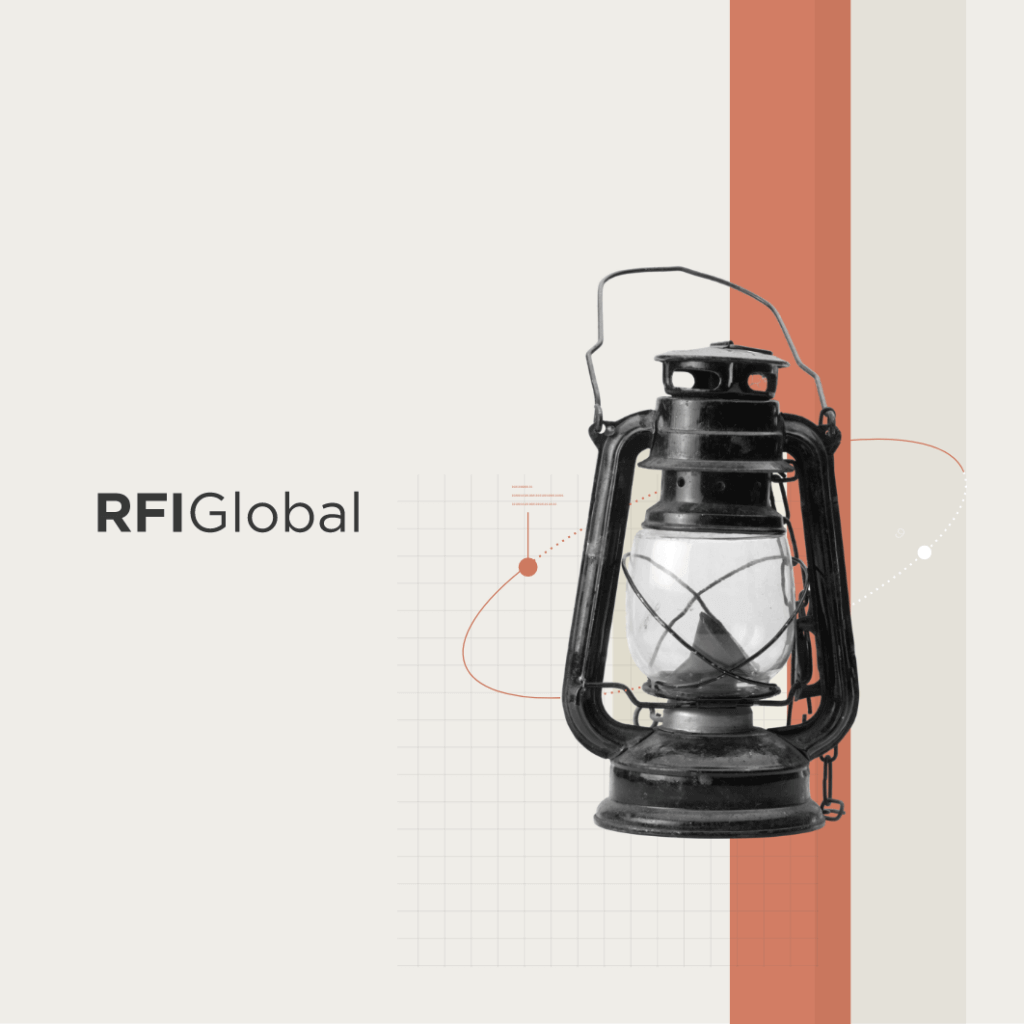
/NQA-ISO-27001-Logo-UKAS.jpg)